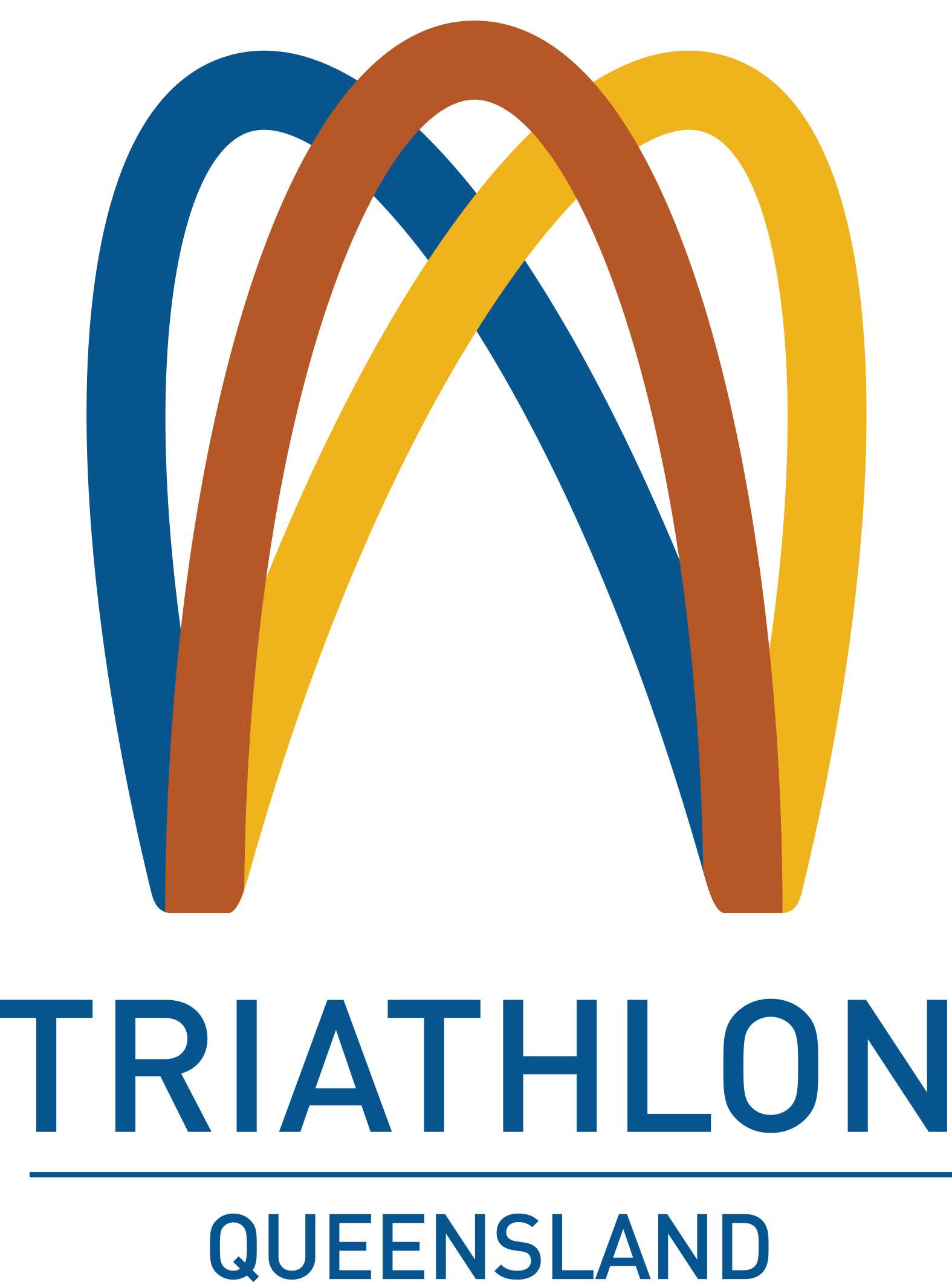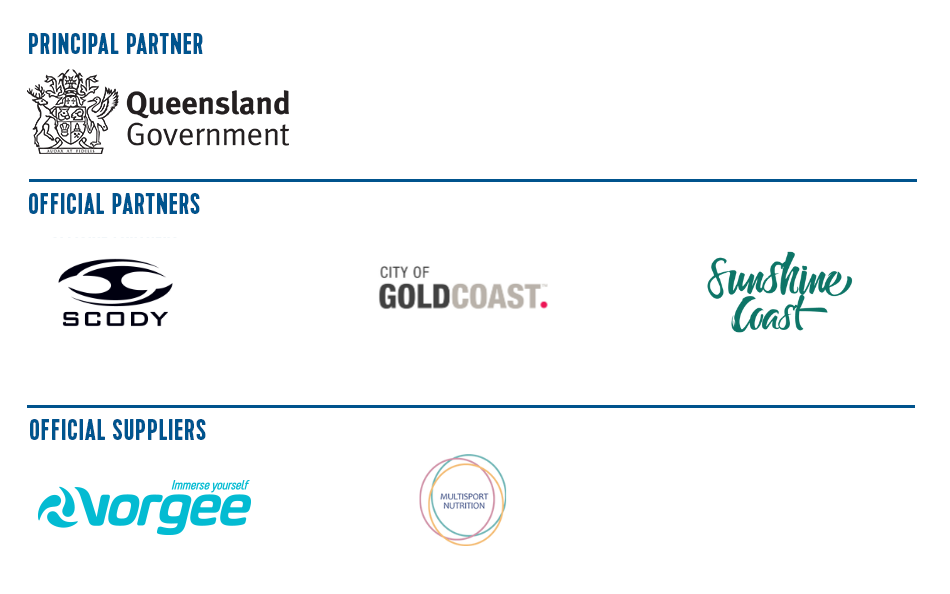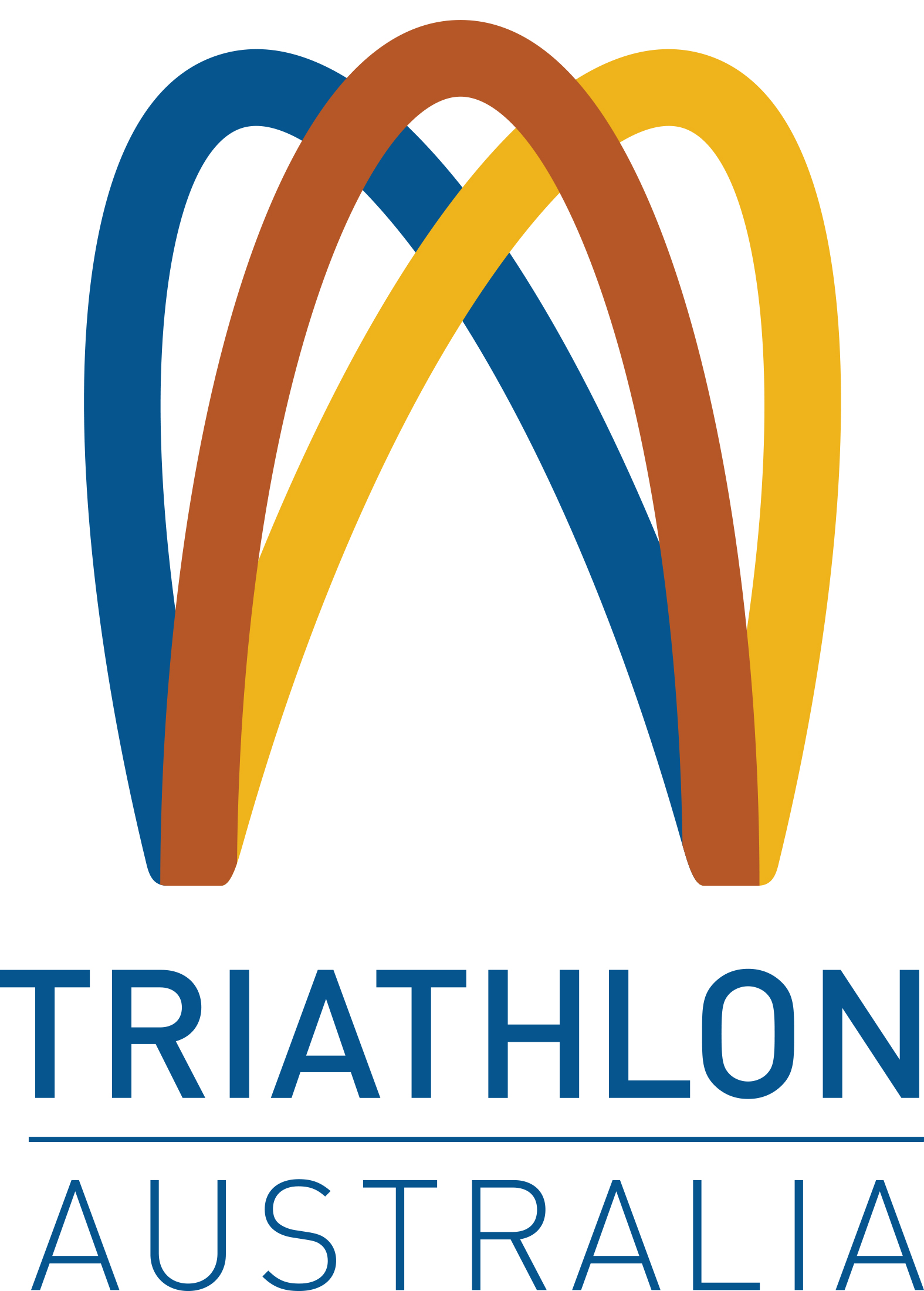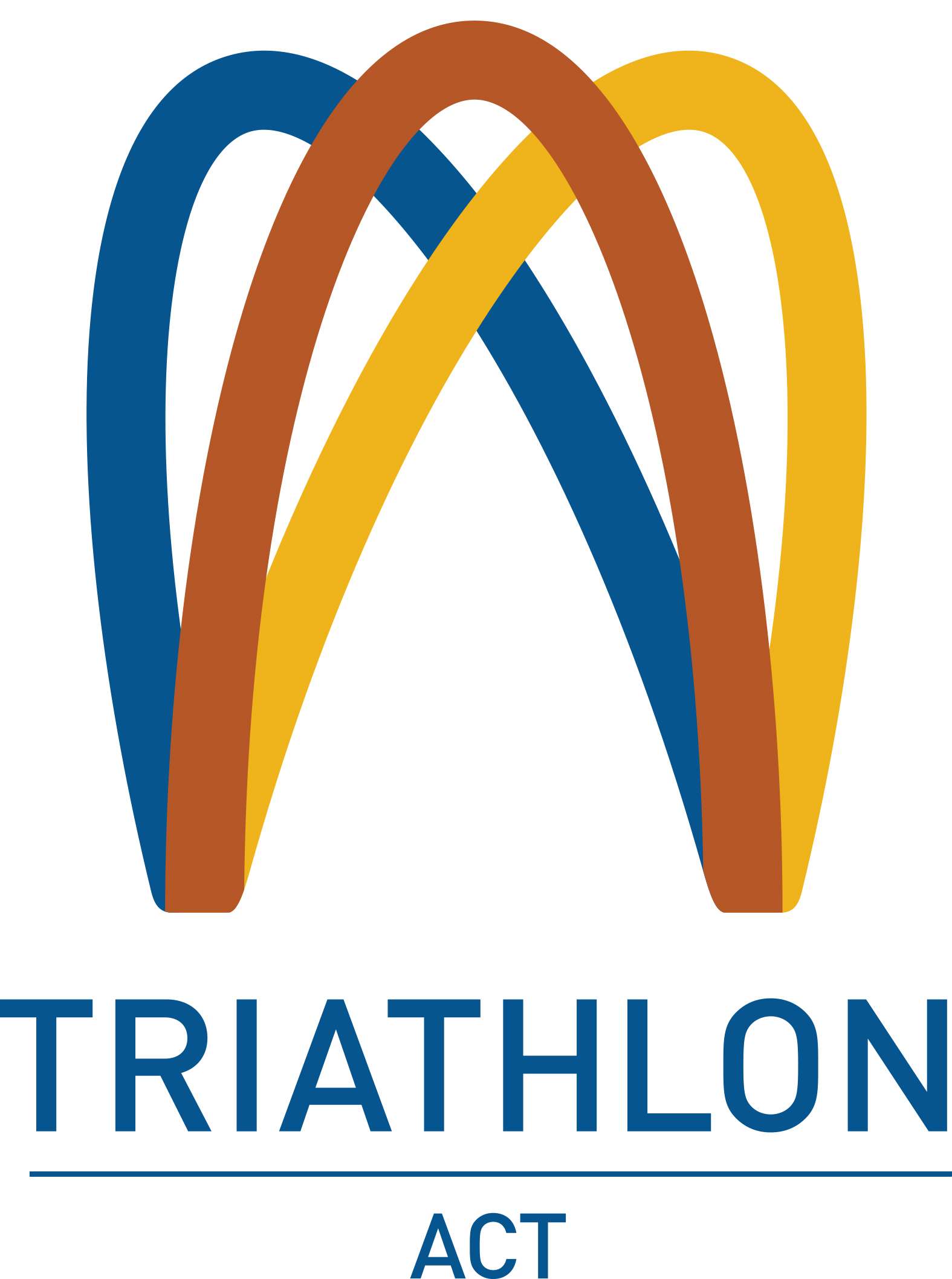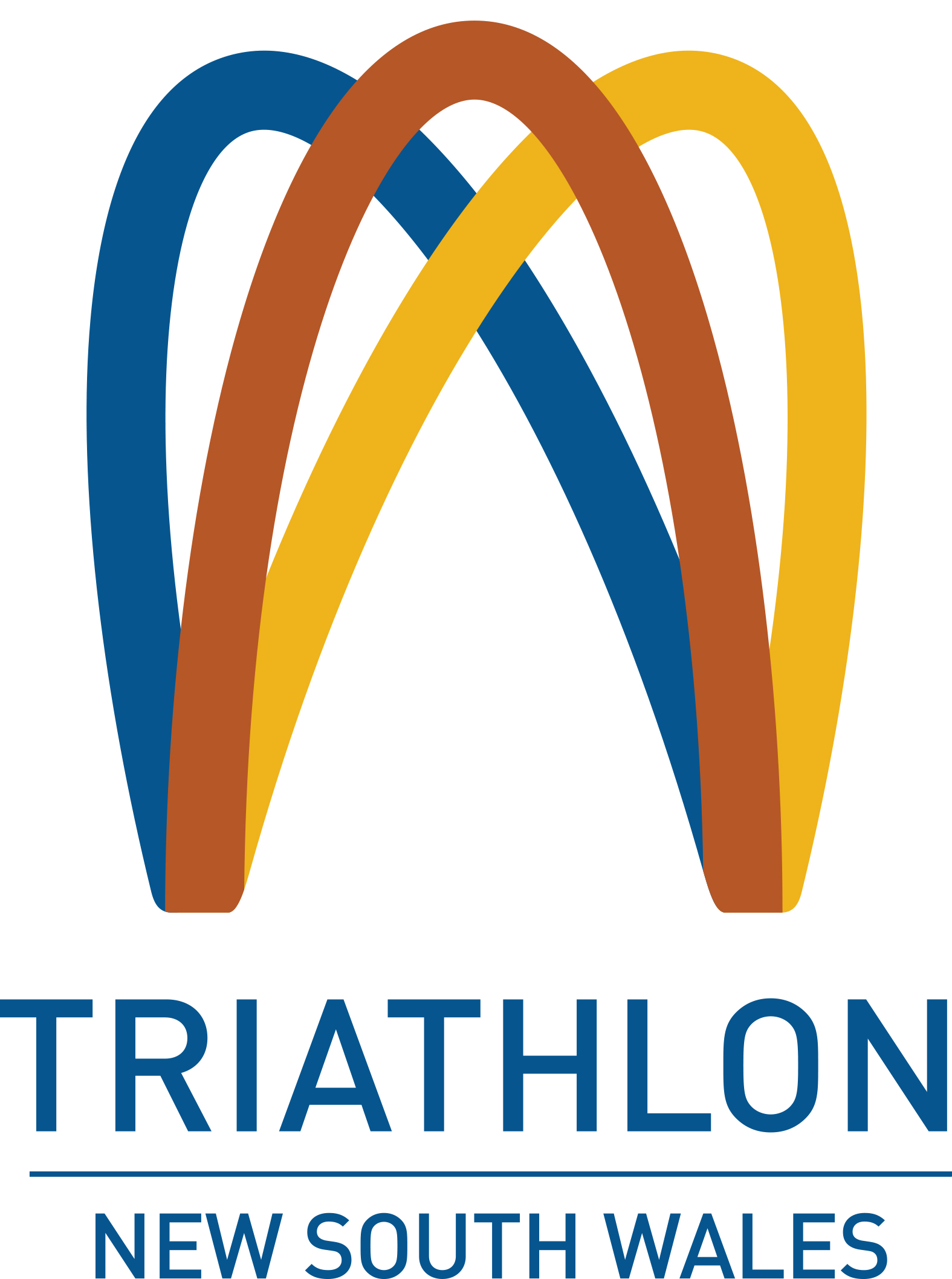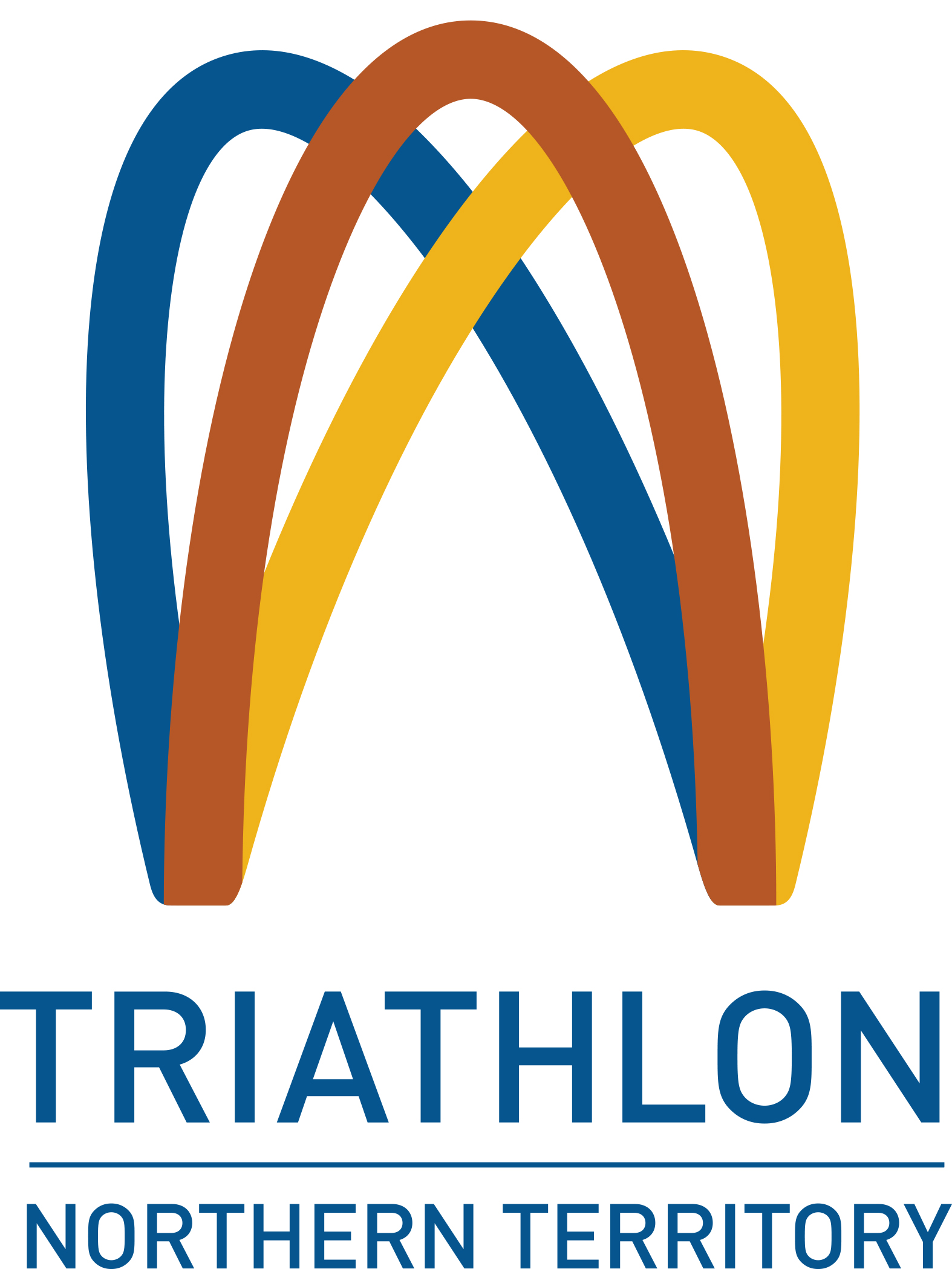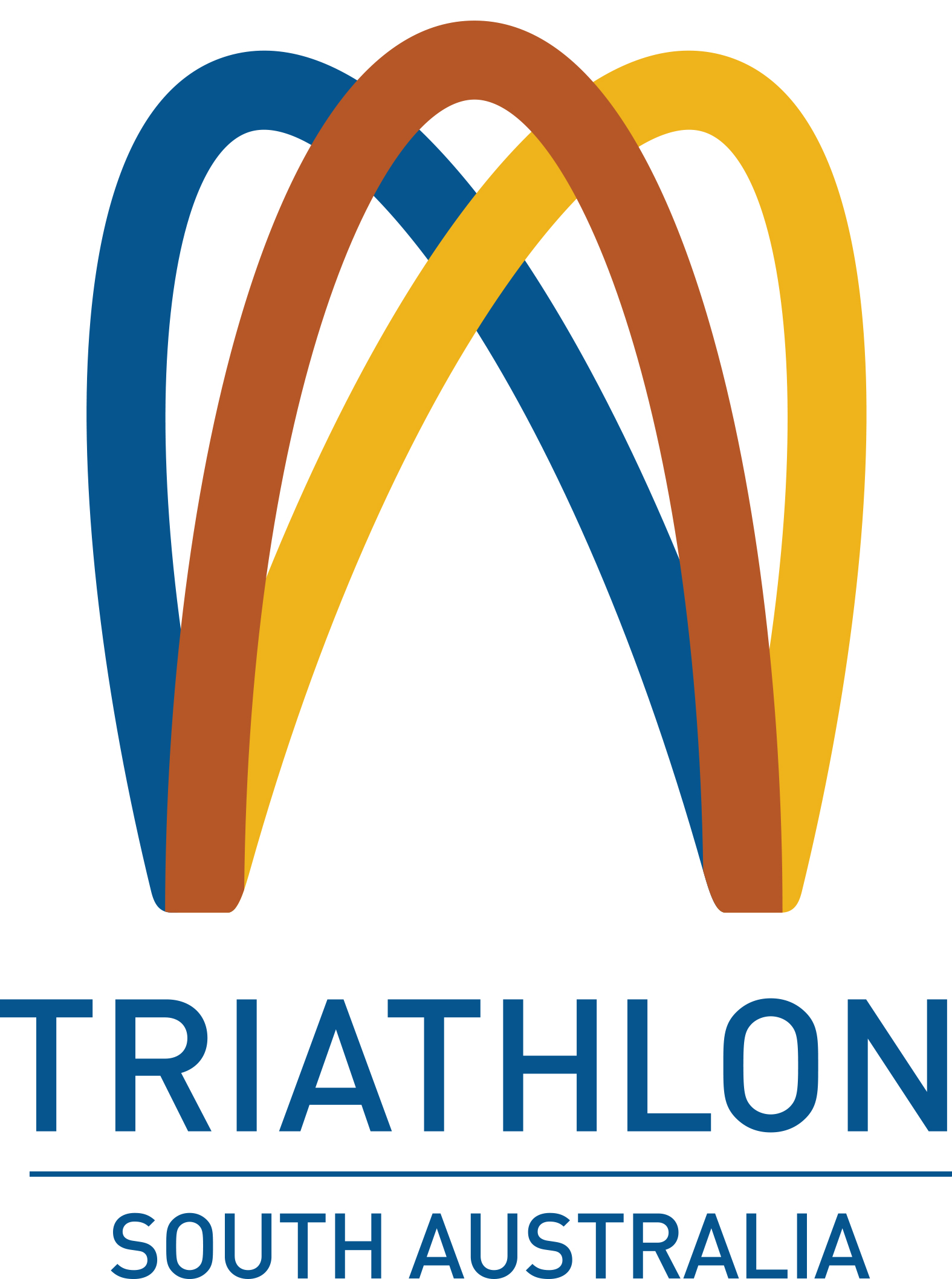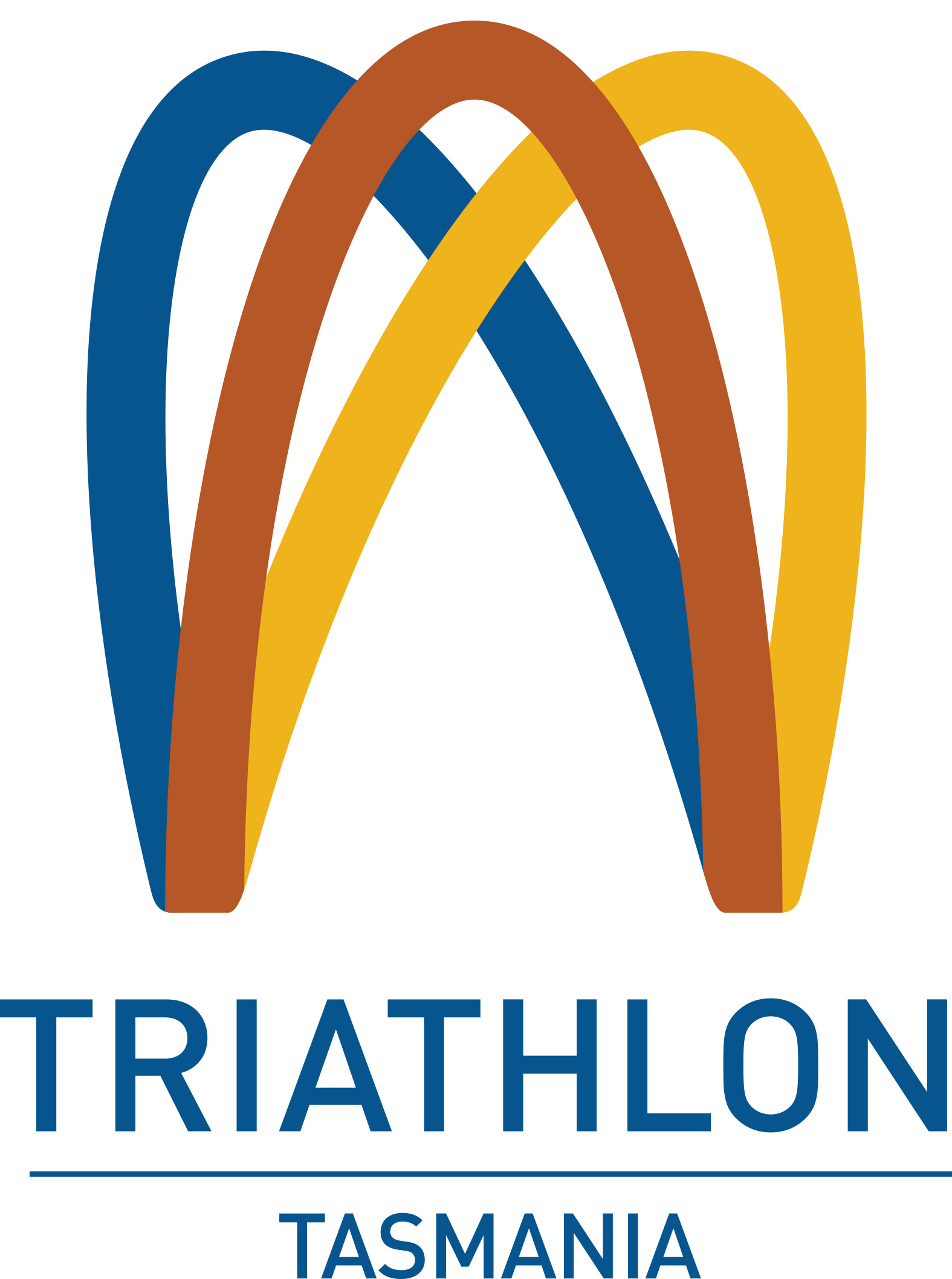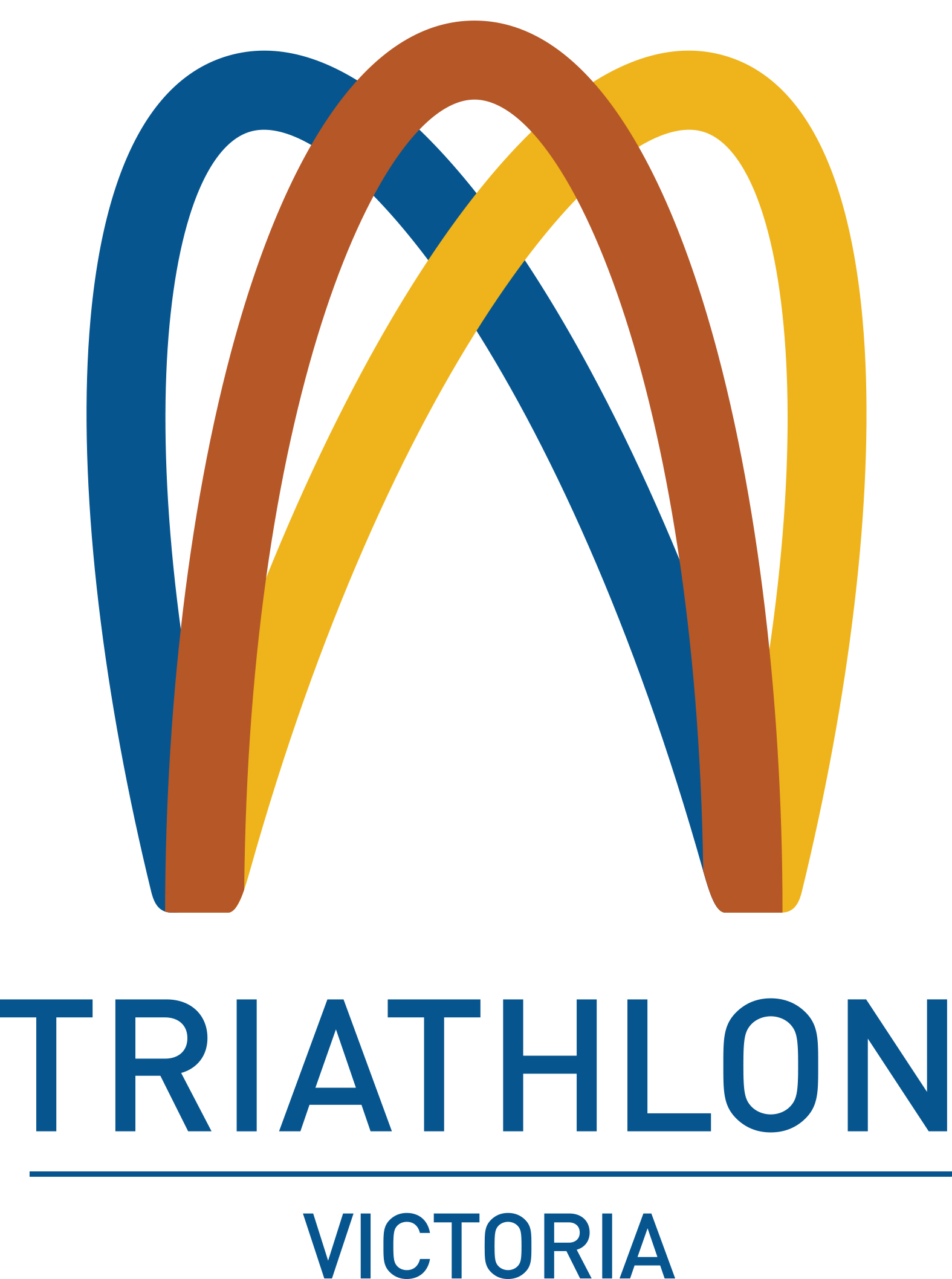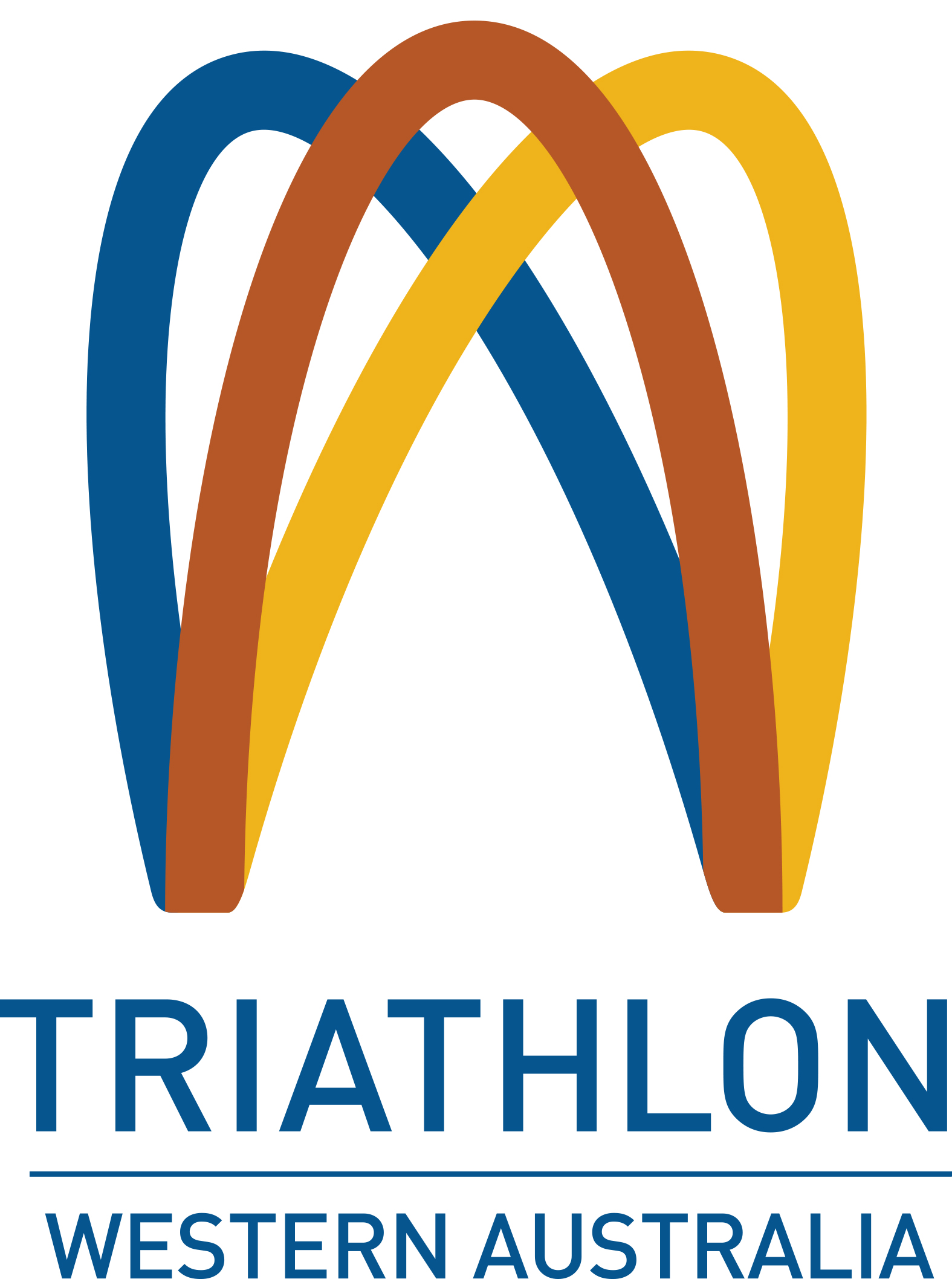Content provided by Taryn Richardson, Accredited Sports Dietitian, Dietitian Approved.
Triathlon Nutrition – Race Day Nutrition
You’ve put in the hard work at training, now it’s time to piece it all together in a race!
What you eat and drink before and during a race can have a massive impact on your performance…
The day before
Before even thinking about race day, it’s important to set yourself up for success in the day or two leading into your race. What you eat on the days before your race will depend on the duration of the event you’re gearing up for. Generally speaking, you should eat what you normally would. The day before a race is not the time to try new foods or eat something random.
Ensure your carbohydrate fuel tank is full by including carbohydrate rich foods such as bread, rice, pasta, noodles, crackers, fruit, milk, yoghurt in your main meals and snacks. Be mindful to avoid high amounts of fibre in the days leading into a race. Too much fibre can cause gastrointestinal upset on race day and for some can have devastating effects. Scale back higher fibre fruit, salad and vegetable items slightly such as big salads, ‘windy’ vegetables such as cabbage and large amounts of legumes (baked beans, chickpeas, lentils etc.). Some low fibre fruit and vegetable alternatives include tomato, zucchini, grapes and grapefruit.
Fluid
Your fluid intake should increase slightly compared to a normal rest day on the one to two days leading into your race. You don’t want to overdrink though – aim for pale, straw coloured urine. If it’s crystal clear and you’re running to the toilet frequently or waking up multiple times overnight, you’re drinking too much and not retaining it. Back off a little.
Carbohydrate loading for endurance events
Depending on the distance and duration of the race, carbohydrate loading may be beneficial. Carbohydrate loading has proven benefit in events of moderate to high intensity lasting longer than about 90 minutes. To carbohydrate load effectively, you will need to taper training and increase your carbohydrate intake to “super-compensate” your carbohydrate fuel tank, your muscle glycogen stores. An Accredited Sports Dietitian can help you with a specific plan for those longer events, from Olympic Distance, 70.3, Ironman and beyond.
What to eat on race day
Pre-Race Breakfast
This is your opportunity to top up your fuel tank after fasting overnight while you’ve (hopefully) had a solid 8-9 hours of sleep. Go for easy to digest carbohydrates so they break down easily and are ready to use for energy by race start.
Some ideas to trial:
- White toast with honey/jam and sliced banana
- Quick oats with dates, honey or maple syrup
- Low fibre breakfast cereal and milk e.g. cornflakes, rice bubbles, Nutri-Grain
- Fruit smoothie or liquid meal replacement e.g. Up & Go or Sustagen Sport
- High fibre cereals such as Weet-bix, All Bran or dense muesli mixes heavy with nuts and seeds
- Fatty cook-ups with too much oil, fatty meats such as bacon and not enough carbohydrate
- Racing on empty – you will race better and faster if you top up your fuel tank in the morning.
Race Nutrition Plan
This will depend on the event and also the individual athlete. There’s no one size-fits-all approach to race nutrition. See an Accredited Sports Dietitian who can help you with a specific race nutrition plan.
For the shorter duration events <60-75minutes – Enticer, Sprint, Duathlon, Aquathlon
For short races, you will have adequate fuel supplies so you’re unlikely to “hit the wall” or “bonk”. If you’ve been tapering and including carbohydrate in your diet for the couple of days leading into the race, you will have enough carbohydrate stored in the form of glycogen to get you through the race.
If you’re looking for a performance kick, there is good evidence that a mouth rinse of carbohydrate is enough to send sparks flying in the central nervous system and give you a pick me up when you need it.
For longer events >90-120minutes (OD, 70.3, IM and beyond)
Eating and drinking during a race will be imperative if you want to reach the finish line in one piece. Everyone is different so it’s worth investing some time developing a race nutrition plan with your sports dietitian.
Carbohydrate intake should be somewhere between 30-90g/hour, depending on the intensity and duration of the event. This can be achieved by using sports drink, gels, sports lollies, bananas, and other food items such as sandwiches, homemade energy cookies, fruit cake.
To bump up carbohydrate intake beyond 60g/hour, you’ll need to look at utilising different types of carbohydrates (e.g. glucose + fructose) as these are absorbed differently. Training your gut to utilise different carbohydrate transport channels will increase your carbohydrate availability beyond what glucose alone can provide.
Make sure you practice!
The golden rule of racing - Never try anything new on race day!
ALWAYS practice your race nutrition plan in training. Don’t turn up on race day and wing it with a new gel or sports drink. Use brick sessions, long sessions or race simulations to test out what you plan to do on race day. This will iron out any kinks with the logistics of eating and drinking and ensure your tummy handles that form of nutrition. You don’t want any surprises. Your gut is amazingly adaptable, so train your gut just like you would train your muscles and cardiovascular system.
Taryn Richardson, Accredited Sports Dietitian, Dietitian Approved
